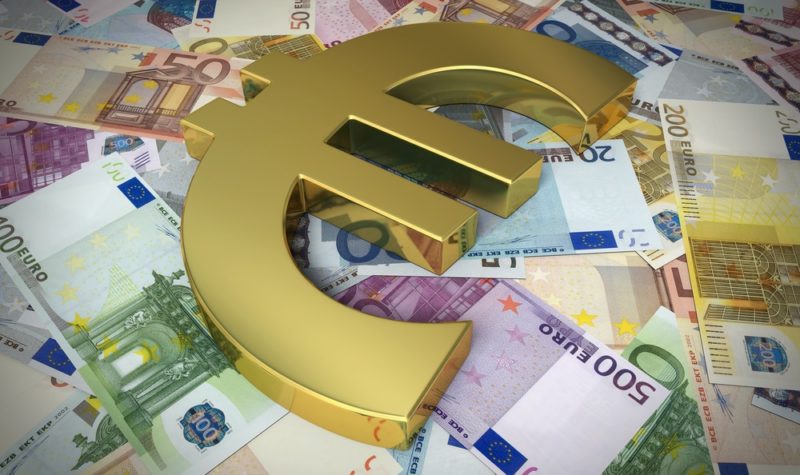Key takeaways:
- The suddenness and speed of the recent market sell-off has put global economies in uncharted waters, with some sectors being hit harder than others.
- It is vital to consider leverage in times like these: the higher the leverage, the greater the potential stock price hit
- Strong balance sheets and cash generation are sought-after features within the team’s investment philosophy, meaning that the portfolios come with less-than-market leverage. This has never been more important than now.
First, we must recognise that we are in somewhat uncharted waters: a global recession has been induced. It is the suddenness and speed of that induction that is uncharted. A depression rather than a mere recession is probably underway for some businesses and sectors, namely hospitality, travel and catering.
Equity markets are scrambling to price that recession. In so doing they are already at the stage of trying to determine whether this is a ‘normal’ recession or something altogether deeper. The actions of central banks and, increasingly, national governments, tell you how seriously they are taking the situation.
We must be prepared for ‘run of the mill’ 25% cuts to earnings estimates across the board. This should be our base case assumption. It might be the average but there will, of course, be greater earnings collapses than the average. Markets in Europe have already priced in that 25% earnings fall. The US I am less convinced about.
The thing that matters most in these situations, and even in normal recessions, is leverage. This is what we are seeing quite clearly at the individual stock level: the higher the leverage, the greater the stock price hit. At a wider level, this is where the selling takes on its own dynamic, fuelled by high leverage, market liquidity drying up and risk management imperatives taking over.
Investor sentiment has collapsed to outright panic levels. A wide range of stocks are now oversold, and markets look ready for a bounce on better virus-related news, which we expect will arrive. That being said; markets looked oversold 10% ago.
One of the features of our investment philosophy and therefore the stocks we favour, is strong balance sheets and cash generation. This can sometimes appear old fashioned, not least during recent years’ love affairs with ‘disruptors’ and other cash-absorbing adventures. Perhaps old-fashioned financial tenets tend to prove their worth at times such as this. As noted above, we are now in a situation where the market is sniffing out leverage. Nevertheless, we do have some holdings with higher leverage, such as utility firms Dometic and Kion. The latter are the types of names that have fared worse in this sell off. In each case we would follow our money in the event that such names were to present equity rights issues. As has been presented at each meeting with clients and in each of our investor presentations, our portfolios come with less-than-market leverage, as measured by net debt/EBITDA. This is a consistent and deliberate part of our philosophy and process. It has never been more important than now.
We have made no significant changes to our portfolios, other than last week, when we began to increase borrowing in Henderson European Focus Trust to around 10% of NAV (at the time of writing). This move indicates that we are seeing opportunities to drip feed into our names, pretty much across the board. Our maximum permitted leverage is 20%.
Our portfolios remain fairly balanced from a style and sector perspective, with the main ‘outlier’ remaining our zero exposure to European banks.
Glossary:
Credit spread – The difference in the yield of corporate bonds over equivalent government bonds.
EBITDA – Earnings before interest, tax, depreciation and amortisation is a metric used to measure a company’s operating performance that excludes how the company’s capital is structured (in terms of debt financing, depreciation, and taxes).
Leverage – The use of borrowing to increase exposure to an asset/market. This can be done by borrowing cash and using it to buy an asset, or by using financial instruments such as derivatives to simulate the effect of borrowing for further investment in assets.
Liquidity – The ability to buy or sell a particular security or asset in the market. Assets that can be easily traded in the market (without causing a major price move) are referred to as ‘liquid’.

Comments (0)